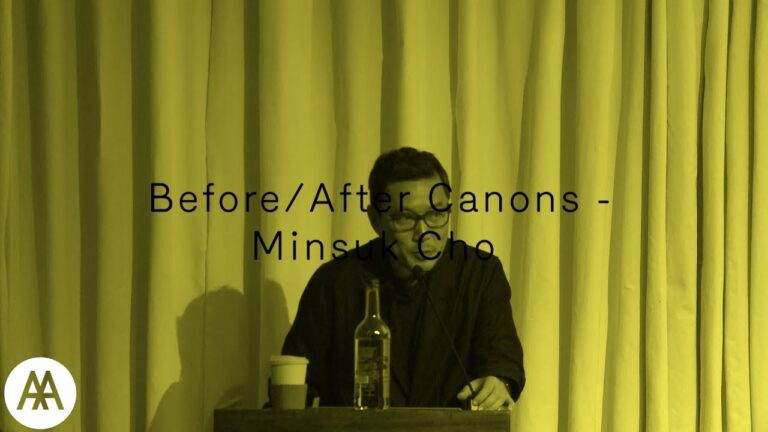
Mass Studies has operated as an architectural practice in Seoul, responding to a series of distinct geographic, social, and political conditions that are in constant flux. Consequently, each project has been developed from ideas extracted from their own highly specific condition, each with a set of multiple variables that include scale, speed, and economy, that are seemingly absent of apparent order. Mass Studies has been exploring the complexity of the urban environment with the idea of “systematic heterogeneity,” grounded in a constant curiosity of the diverse situations in which they operate, embracing the obscure and the unseen as an opportunity, yet with an ambition to create a larger constellation of ideas from these investigative actions. Each project is not merely concerned with the typical narrative of architecture as a goal, which follows a start-from-scratch beginning to the physical end result, but rather sees as a means, the conception-to-realization of a building as the in-between performance of a larger recursive process. Individual projects are seldom an isolated event but rather an interconnected assemblage of multiple ideas. The built and unbuilt projects of Mass Studies can be read as an on-going cartographic record of ideas over time.
Minsuk Cho is the founder of the Seoul-based Mass Studies and is committed to the discourse of architecture through socio-political, cultural, and urban research, through mostly built works. His curatorial works include his role as co-curator of the 2011 Gwangju Design Biennale, and as commissioner and co-curator of the Korean Pavilion at the 2014 Venice Architecture Biennale, which was awarded the Gold Lion. The same year, Plateau, Samsung Museum of Art, Seoul, held their first-ever architecture exhibition, highlighting his works0
source